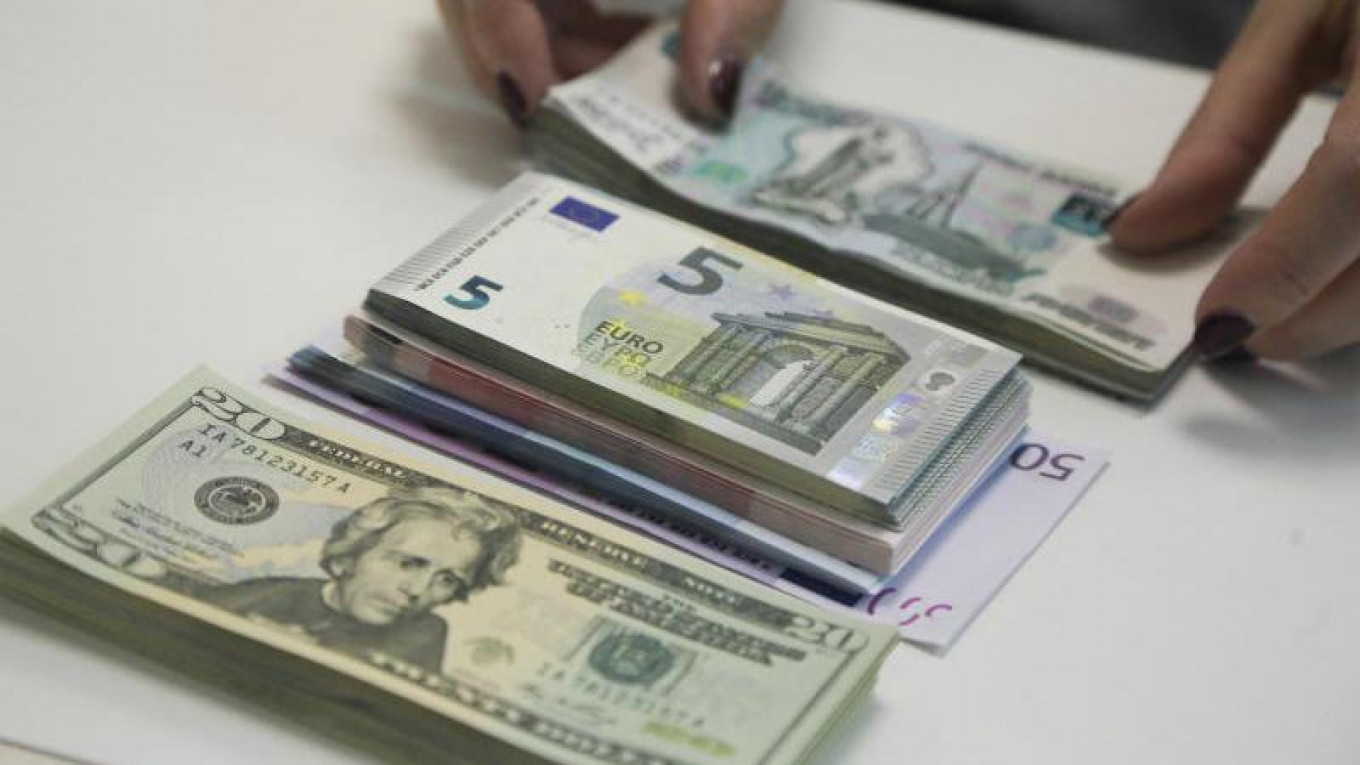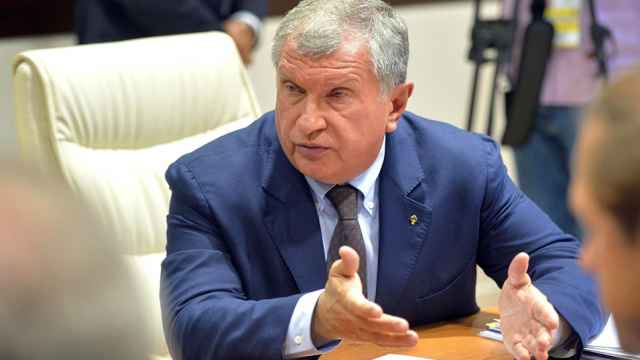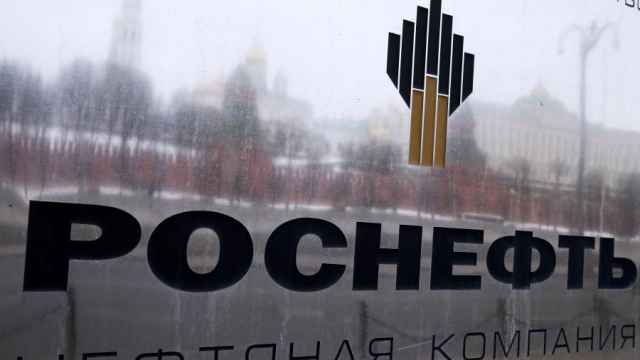Russian bankers predict that Rosneft's new privatization plan could lead to a foreign currency deficit, the RBK website reported.
Raiffaisenbank’s analysts believe that Rosneft’s plan to buy a 19.5 percent stake in itself from its majority shareholder, state energy company Rosneftegaz, would force the company to transfer virtually all its accumulated foreign currency liquidity to the federal budget. Due to the enormous size of Rosneft, this may cause a currency deficit on the Russian market.
The deal could lead to an increase in the interbank rate on operations with currency until the end of the year, Raiffaisenbank analyst Denis Poryvai wrote on Oct. 5.
Dmitry Polevoy, a senior economist at ING focusing on Russia and the Commonwealth of Independent States, believes the effect of the deal will depend on the technical means through which the purchase is carried out.
“If all the accounting is carried out in rubles, then the currency will stay in the system and there will be no deficit,” he told RBK.
Sergei Romanchuk, head of money markets at Metallinvest bank, also doubts the scenario.
“Rosneft will solve the problem of funding the deal in a different way, without using its foreign currency reserves or using them, on the contrary, as collateral to raise rubles.”
On Oct. 5, the Vedomosti newspaper first reported that the government was discussing allowing Rosneft to purchase its own 19.5 percent stake for 700 billion rubles ($11.2 billion). The company could subsequently sell these shares to one or more strategic investors.
The privatization plan is yet to be confirmed.
A Message from The Moscow Times:
Dear readers,
We are facing unprecedented challenges. Russia's Prosecutor General's Office has designated The Moscow Times as an "undesirable" organization, criminalizing our work and putting our staff at risk of prosecution. This follows our earlier unjust labeling as a "foreign agent."
These actions are direct attempts to silence independent journalism in Russia. The authorities claim our work "discredits the decisions of the Russian leadership." We see things differently: we strive to provide accurate, unbiased reporting on Russia.
We, the journalists of The Moscow Times, refuse to be silenced. But to continue our work, we need your help.
Your support, no matter how small, makes a world of difference. If you can, please support us monthly starting from just $2. It's quick to set up, and every contribution makes a significant impact.
By supporting The Moscow Times, you're defending open, independent journalism in the face of repression. Thank you for standing with us.
Remind me later.






